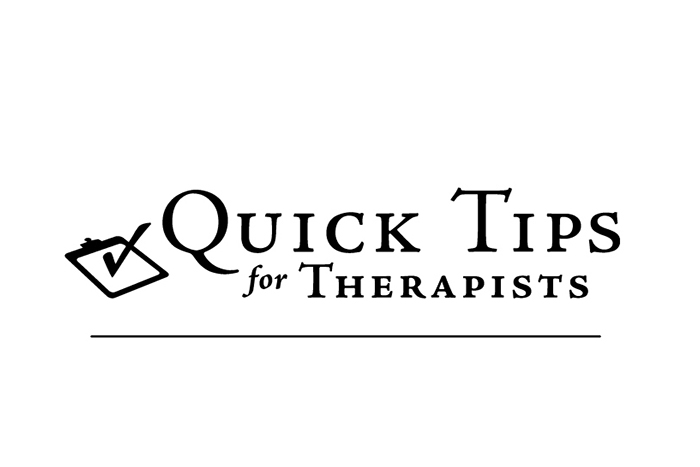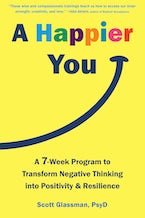When you guide clients toward identifying their core values, you are usually strengthening their motivation for positive change. Consider a client with social anxiety, for example, who identifies developing stronger friendships as a top value. By actively keeping that value in mind, they are more likely to attend a social event that makes them anxious. In this way, the “why” of change drives the “how” of change.
It is also true that some clients may never have reflected on who they are at such a deep level. They may not have a sense of what their core values are.
If that’s the case, you have several options. You can ask them to fill out a values survey for homework and discuss the results together. Alternatively, you can offer a one-page list of possible personal values and have them identify what matters most to them from the list.
A third possibility is asking them to list some of their short-term and long-term life goals. You could then elicit the specific values that reaching those goals would fulfill.
Here is a sample conversation with a client suffering from depression, addressing their goal of changing jobs:
Therapist: Imagine you got that new job and were thoroughly enjoying it. Why do you think it would feel so good? In what ways would it satisfy what you care about most?
Client: Because I would get to be creative and interact more with coworkers. I wouldn’t feel so isolated.
Therapist: I wonder then if creativity and feeling connected to others are two of your top values.
Client: I think they are.
Once a client has identified their values, you can explore what other positive actions fit with those values. This step can result in more options for your treatment plan, as illustrated with this last question:
Therapist: What other ways could you be creative or connect with others, aside from changing jobs? Can you think of any?
Values discussions like these often generate feelings of control, enthusiasm, and hope. It can be helpful if you highlight these emotions as they arise, as in, “I’m hearing some optimism in your voice!” or, “It looks like you feel excited today as you think about taking that important step.”
Scott Glassman, PsyD, is a licensed psychologist, and clinical associate professor at the Philadelphia College of Osteopathic Medicine. Glassman’s program, A Happier You®, was featured on National Public Radio (NPR) and CBS News through national syndication. He has appeared on SiriusXM’s Doctor Radio to discuss his work on happiness. Additionally, Glassman is a contributing psychology and health writer for The Philadelphia Inquirer and www.philly.com.



 2024 Peace Playbook: 3 Tactics to Avoid Clashes with Your Partner
2024 Peace Playbook: 3 Tactics to Avoid Clashes with Your Partner